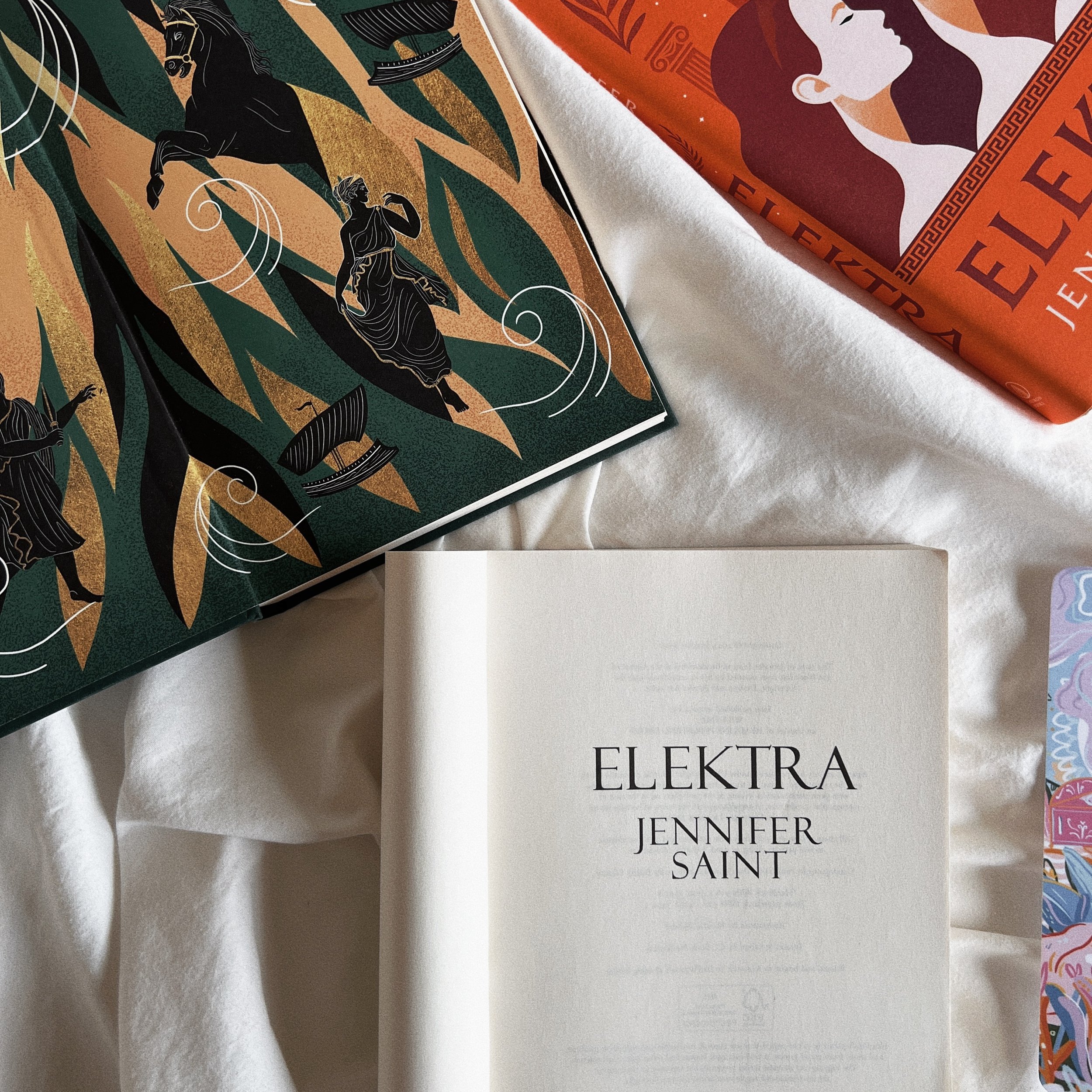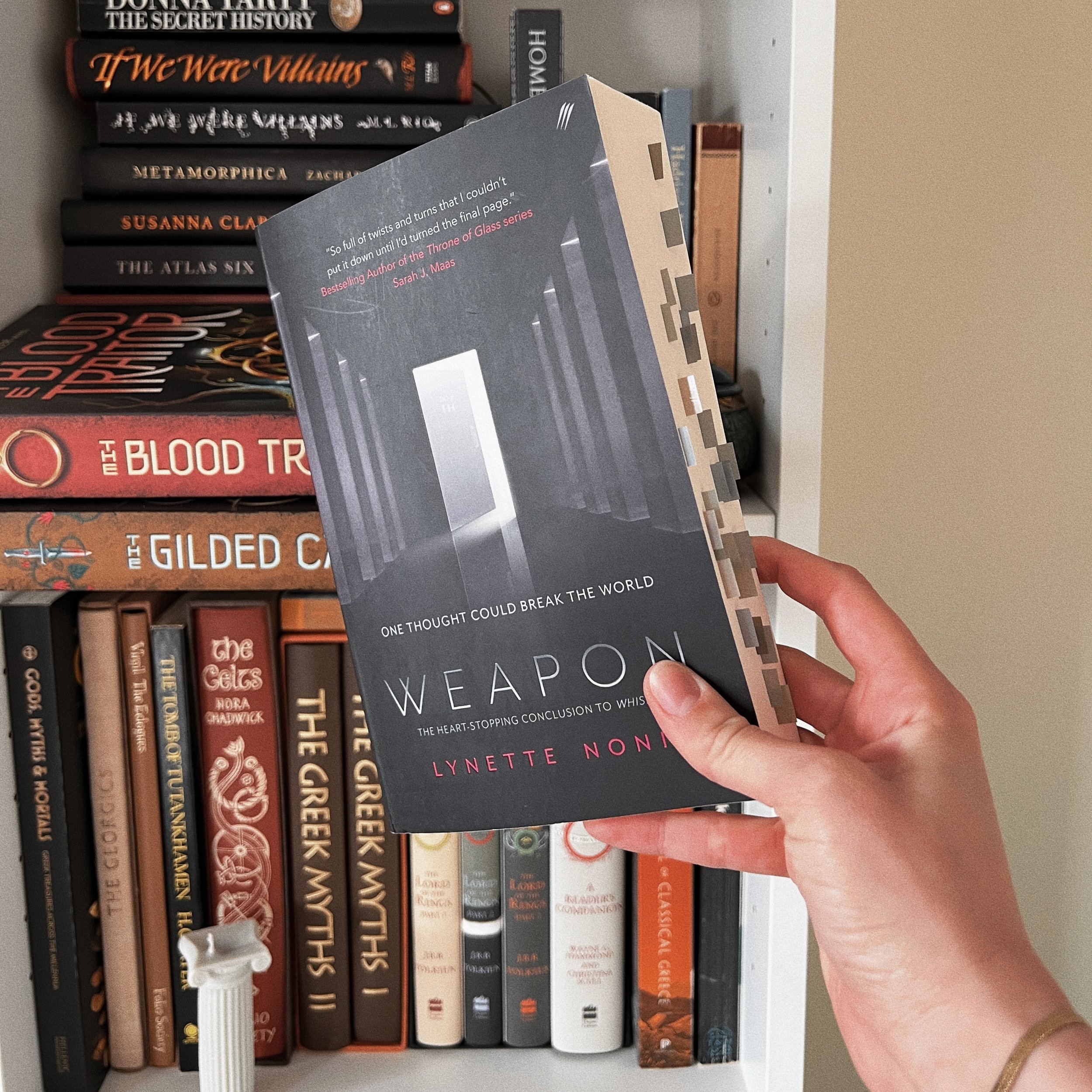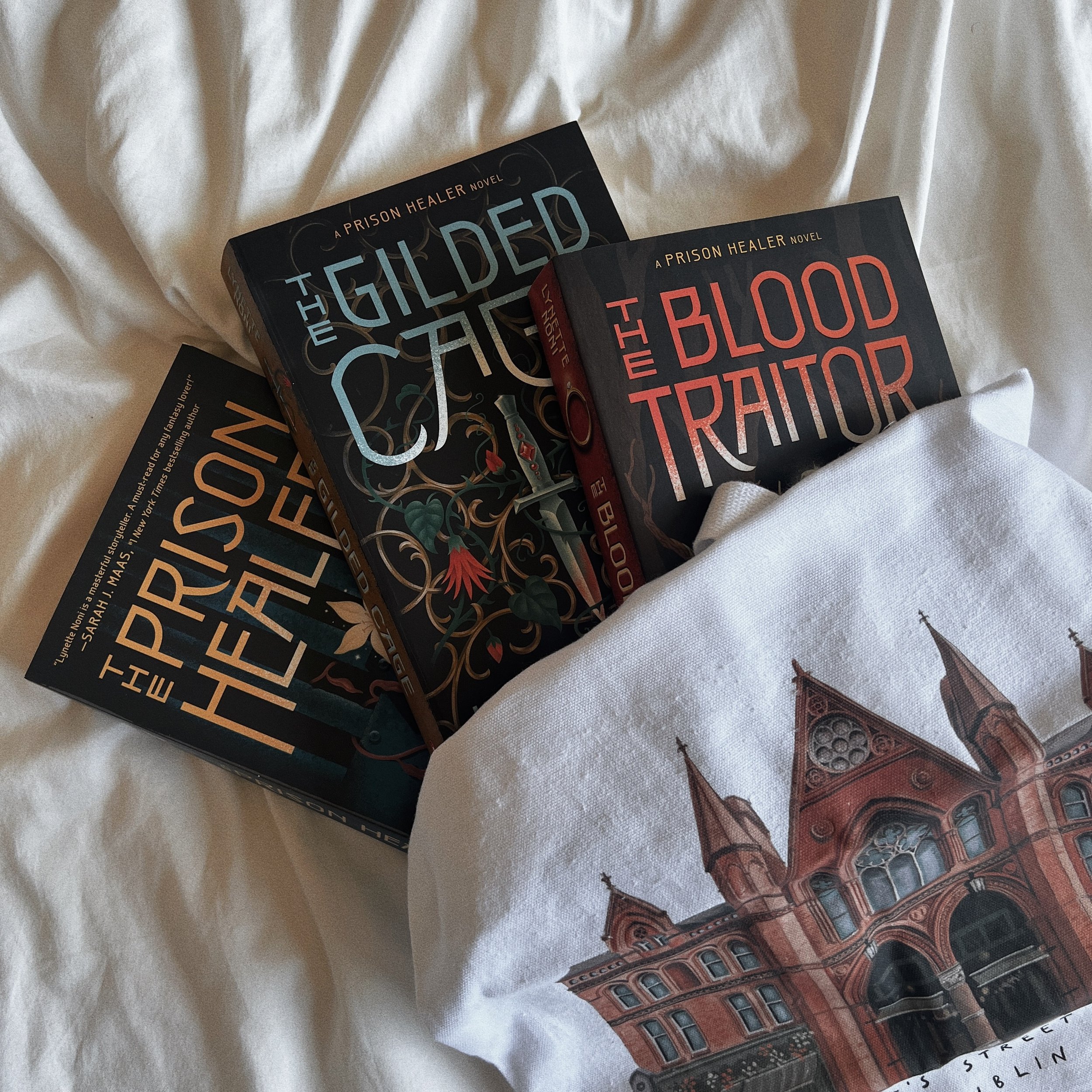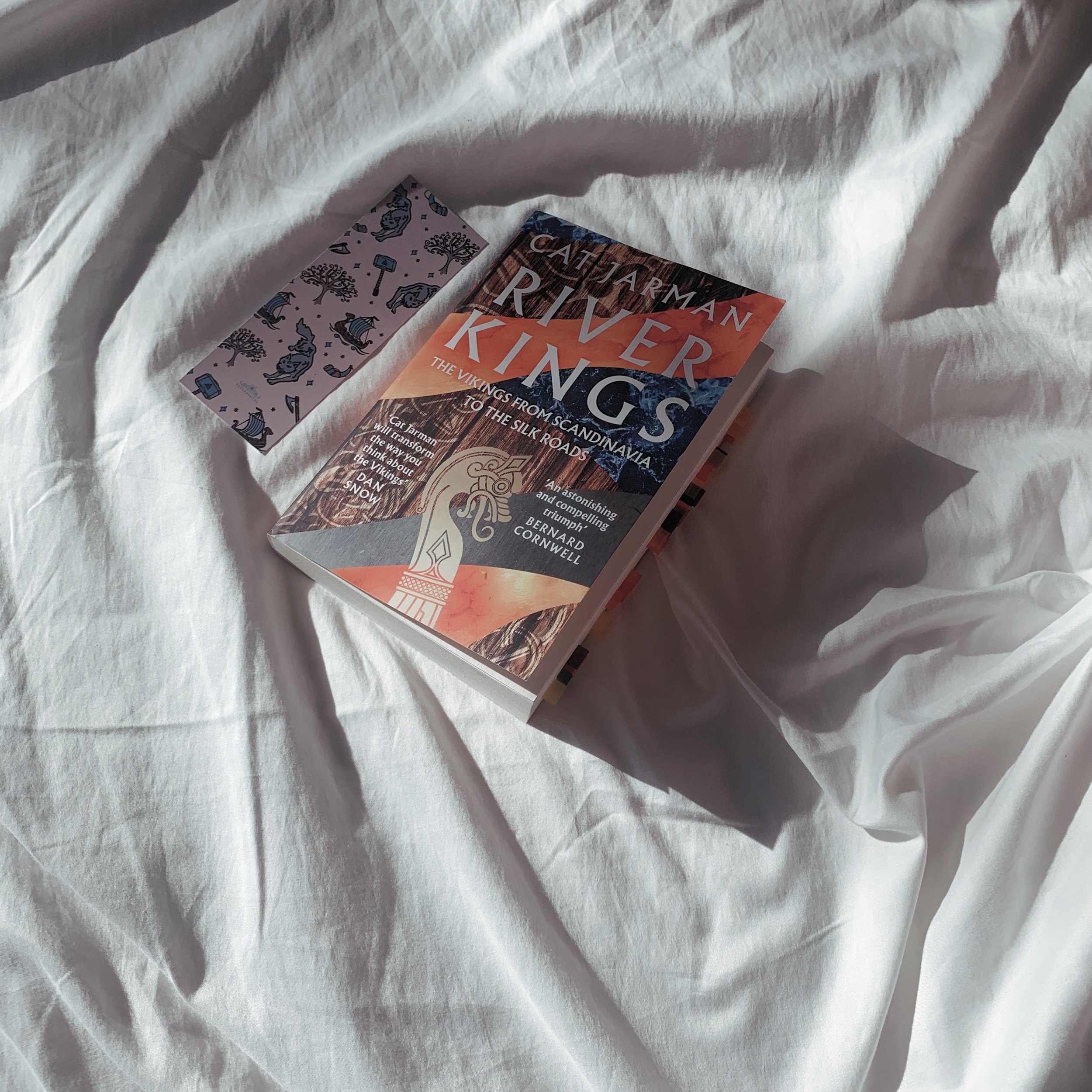Elodie Harper has once again produced a captivating historical fiction novel that takes you right into the streets and the homes of ancient Pompeii. Set in 75 CE, Pompeii is still a thriving Roman town, looked on by Venus Pompeiana, the patron deity of the city. When reading this book, it feels like you are walking right alongside Amara, you can feel the heat beat down on you as she sits in her garden, you can feel the cobblestones as she walks the streets and you can almost see the detailed wall paintings described throughout the book. This is particularly interesting since in 79 CE, Mount Vesuvius erupted and the entire city of Pompeii (and the neighbouring city of Herculaneum) was covered in ash, preserving the daily life of ancient Romans in Pompeii.
First Writer: Lovers, like bees, live a honeyed life.
Second Writer: I wish.
— Pompeii Graffiti exchange (pg. 189)
Harper includes vivid detail of surviving wall art, architectural features and even whole buildings (like The Wolf Den which survives along with the erotic wall paintings). Harper continues to include snippets of graffiti from the walls of Pompeii, and introduces us to different homes and interiors. Harper has the distinct ability to use what survives of the ancient city, and the lives of those who once inhabited it, and bring it back to life, or, has given it a second life, a new life.
My Thoughts
This was a beautiful and heart-wrenching tale. As you know, this series of books follows Amara, a Greek woman who was sold into slavery and ended up as a prostitute in the brothel at Pompeii, known as the Lupanar or ‘Wolf Den.’ At the end of the previous instalment, poor Dido was killed, and Amara was freed by Pliny, and given a new home to live in by her Patron, Rufus. So although she was heartbroken with the death of her friend, having to leave her fellow women behind at the brothel and having to end her budding romance with a fellow slave Menander, she was feeling optimistic about her newfound freedom. Just because this book wasn’t set primarily in the brothel doesn’t mean it was a light and happy read. Amara has to be more courageous than she ever has before in the face of heartache and betrayal. Her friendships with the women she left behind don’t remain the same as when they were all at the same social standing, and the fluctuation of these personal relationships made this story feel all the more real.
The gods raised you to freedom. Treating slaves as equals only lowers you back to the gutter you came from.' (pg. 90)

























